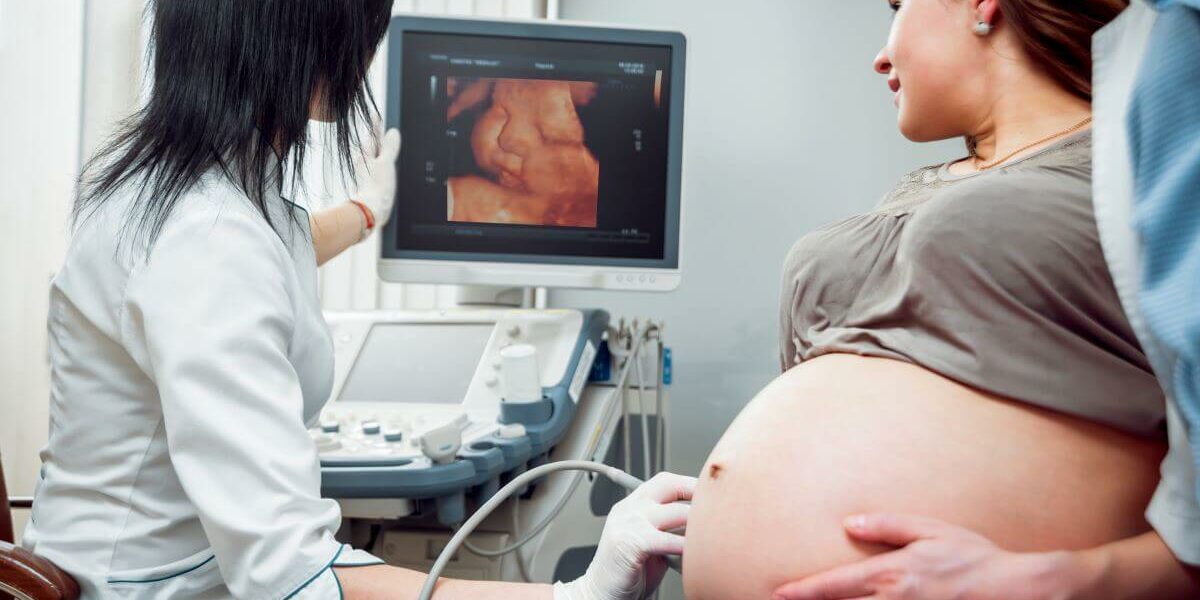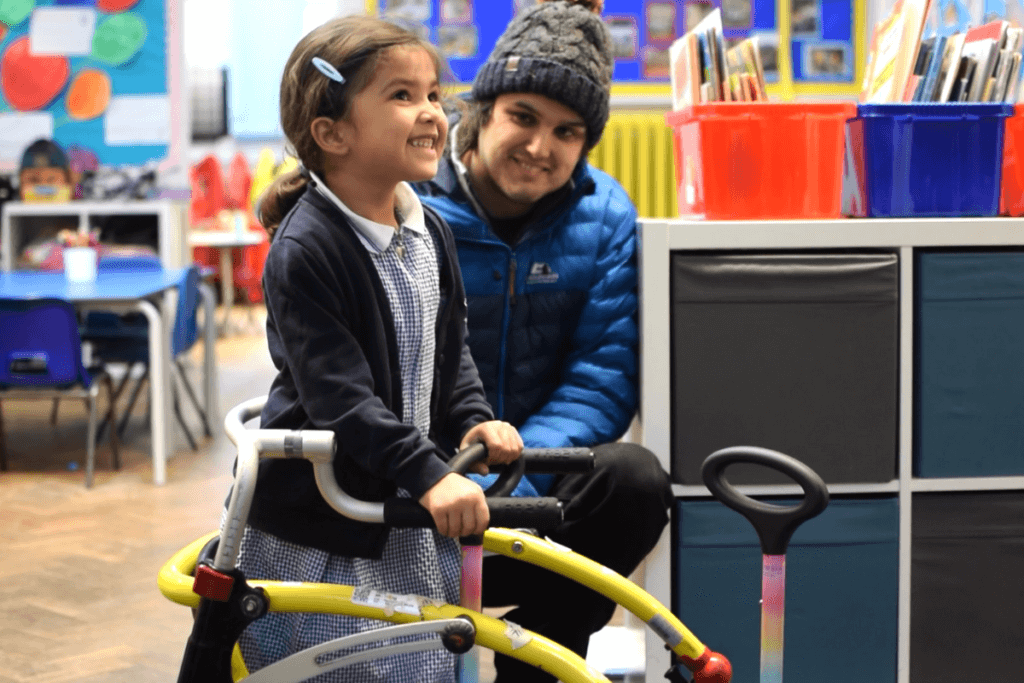Interventions based on the Mediterranean diet or mindfulness to reduce stress during pregnancy improve the neurodevelopment of children in the first two years of life. This is demonstrated by an analysis of the clinical trial IMPACT-BCN published in the journal JAMA Network Open.
The clinical trial was coordinated by Eduard Gratacós, director of BCNatal (from the hospitals Clínic Barcelona and Sant Joan de Déu—FRCB-IDIBAPS and IRSJD—), Fàtima Crispi (Hospital Clínic and FRCB-IDIBAPS), and Francesca Crovetto (Hospital Sant Joan de Déu and IRSJD); doctoral candidate Ayako Nakaki (INPhINIT predoctoral grant from “la Caixa” Foundation); with the collaboration of Ramon Estruch, from the Internal Medicine Service of the Clínic, head of the Cardiovascular Risk, Nutrition, and Aging group at FRCB-IDIBAPS and researcher at CIBEROBN; and Eduard Vieta, head of the Psychiatry Service at Clínic, head of the Bipolar and Depressive Disorders group at FRCB-IDIBAPS, and scientific director of CIBERSAM.
The IMPACT-BCN clinical trial was the first to evaluate active interventions on maternal lifestyle, such as the Mediterranean diet or mindfulness, in pregnant women. A clinical trial published in 2021 in the journal JAMA demonstrated for the first time that the Mediterranean diet or stress reduction during pregnancy reduced by over 30% the risk of having a baby with low weight at birth.
Now, researchers have also wanted to assess the effects of maternal lifestyle interventions during pregnancy on infant neurodevelopment. To do this, in the trial which received support from “la Caixa” Foundation and CEREBRA, data from 626 children at two years of age were analyzed using the Bayley test, a standardized test to measure infant neurodevelopment.
The results indicate that the children of women who followed a Mediterranean diet program during pregnancy showed better results on the test, particularly in cognitive aspects (sensory and motor development, object association, and concept formation) and socioemotional domains (related to relationships and interactions). On the other hand, children of women who followed a stress reduction program during pregnancy showed better results in the socioemotional domain.
“These results provide a clear and empowering message to mothers and families. It is possible to positively influence pregnancy and the future baby’s health with relatively easy-to-implement measures,” state the authors.
Methodology of the study
Over the last 10 years, several studies had demonstrated that unhealthy diets or maternal stress were associated with poorer outcomes in infant neurodevelopment. However, this has been the first study to evaluate active interventions on the lifestyle of pregnant women. The IMPACT-BCN study used the Mediterranean diet, which has shown clear benefits in preventing cardiovascular, neurodegenerative, and metabolic diseases, as well as cancer. The Mediterranean diet is based on a diet rich in vegetables, legumes, fish, lean meats, dairy, whole grains, and healthy fats, such as extra virgin olive oil and nuts. Additionally, stress reduction in the study was carried out with a structured stress reduction program based on mindfulness, complemented with relaxation activities.
All Bayley test scores were adjusted for the mothers’ socioeconomic status and the gender of the children, which are known confounding factors.
Participation of Centers in the Clinical Trial
The IMPACT-BCN clinical trial (2017-2020) was conducted at BCNatal, a reference center in maternal-fetal medicine at the Hospital Clínic and the Hospital Sant Joan de Déu, pioneering in clinical practice and research, with one of the largest maternal-fetal and neonatal clinical areas in Europe and a strong tradition in conducting high-impact clinical trials. Additionally, the trial was conducted in close collaboration with researchers from the IMIM-Hospital del Mar and professionals from the esMindfulness Institute.
Reference to the clinical trial:
https://jamanetwork.com/journals/jamanetworkopen/fullarticle/2808558









